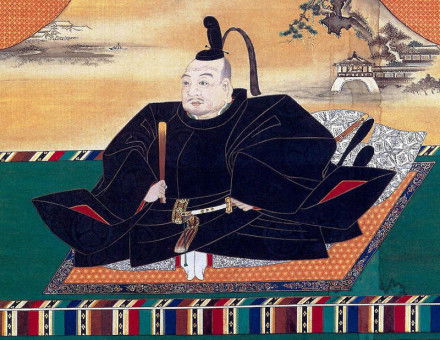An American Tragedy
Thomas Doherty examines a series of conflicts between left-wing artists and movie moguls at the time of Sergei Eisenstein's brief sojourn in Tinseltown in the 1930s.
In 1930, initiating one of the stranger episodes in the history of Soviet-American relations, the president of Paramount Pictures, Jesse L. Lasky, lured the Soviet director Sergei Eisenstein (1898-1948) to Hollywood with a $100,000 contract. That single act of capitalist speculation sparked a series of public fracas over the direction of American cinema, and ensnared some of the most prominent novelists and filmmakers of the 1930s, and a half-dozen Hollywood executives. The wrestling match between the artists and the moguls was a preliminary bout in what has since become common: the use of the motion picture medium as an arena for all kinds of ideological skirmishes in American culture.





